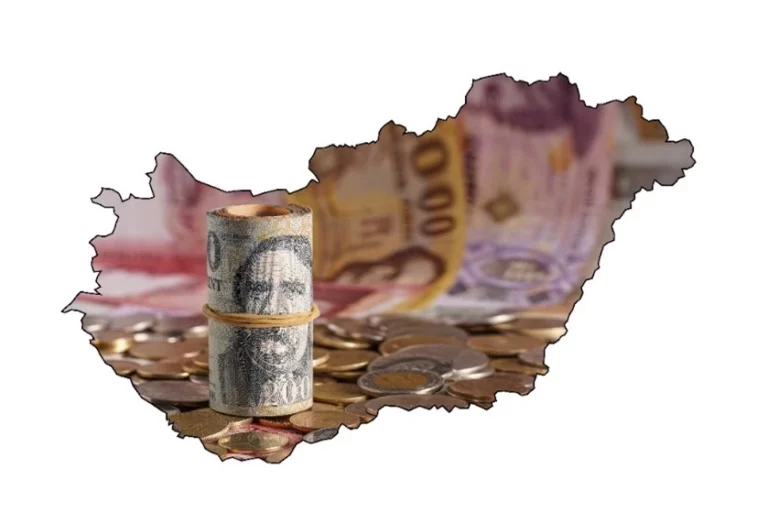budget
Hungary to prepare EU’s 2025 budget

Fidesz politician: ‘EP left-liberal majority passes judgment without evidence’

Orbán cabinet miscalculated by EUR 3.1 billion, budget deficit has become brutal in 2023

Hungary’s budget deficit was shockingly high in 2023

Official: Hungarian government’s financial calculations failed in 2023

Hungary’s budget in serious trouble: EUR 2.62 billion missing

Hungarian budget working group holds inaugural meeting

Budapest assembly adopts 2024 budget

Hungary’s EU funding for the 2014-2020 projects under completion

Brave promise: government will curb deficit, debt despite higher expenses

Here is S+P’s verdict about whether you should invest in Hungary or not

Hungary’s budget is in trouble: less income, more expenditure, state unable to save money

Fitch: Hungary will not escape recession, the state budget looks bad

No governmental support, Budapest strives to survive

Here is the central bank’s big decision, forint getting stronger

Hungary’s forint among the world’s best currencies: what does the future hold?

Hungary will lose millions of EUR in taxes in 2024 and its economy is faltering

Hungary’s budget deficit reaches EUR 7.6bn in June





 ZH
ZH IT
IT DE
DE HR
HR NL
NL FR
FR JA
JA RO
RO RU
RU ES
ES TR
TR
